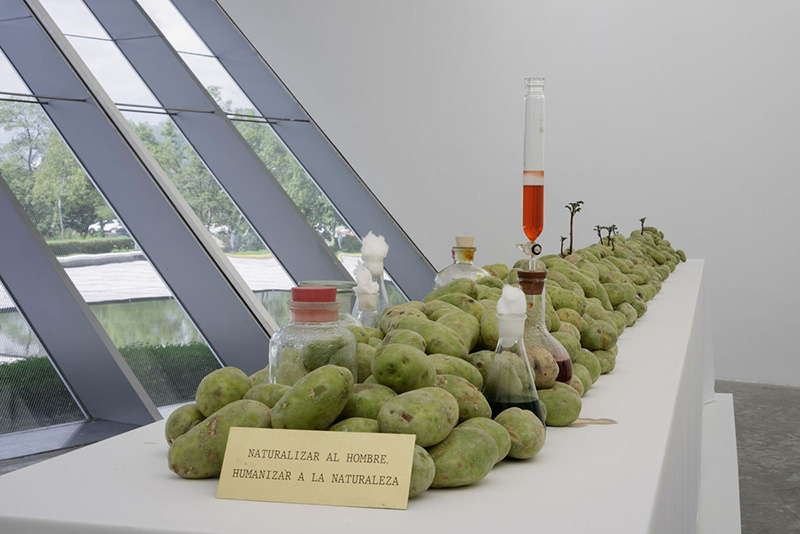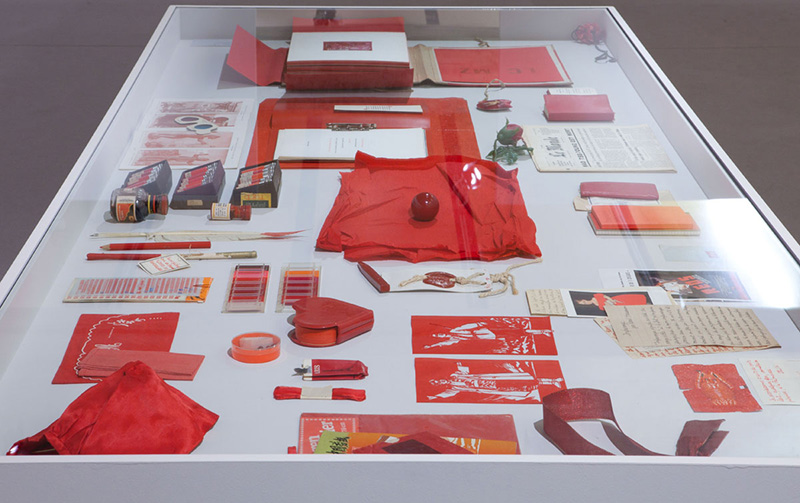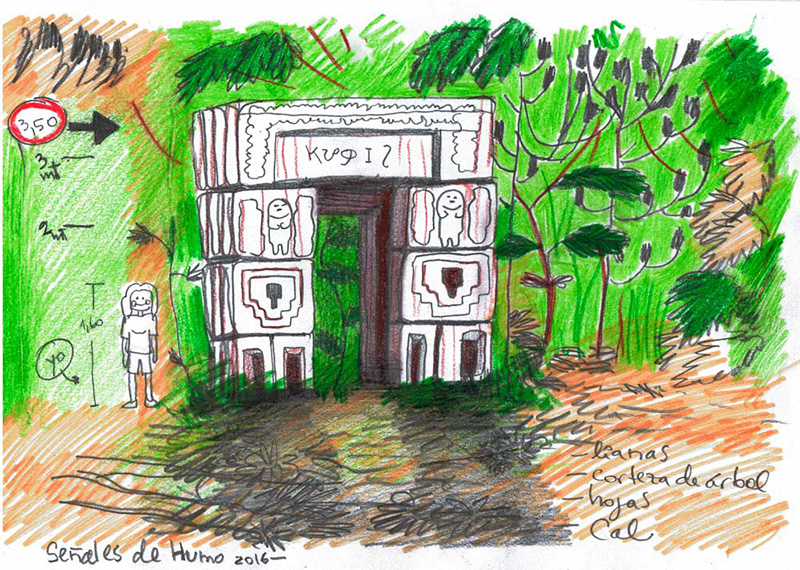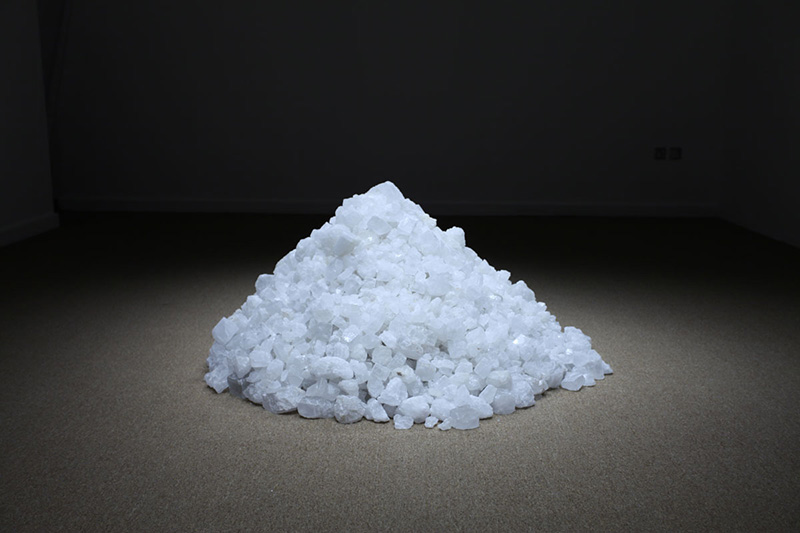BIENNALS:32nd Bienal de São Paulo
 The São Paulo Art Biennial was founded in 1951 by the Italian-Brazilian industrialist Ciccillo Matarazzo. Its initial aim was to make Contemporary art known in Brazil, push the country’s access to the current art scene and establish Sao Paulo itself as an international art center. Since the 4th edition in 1957, the São Paulo Biennial has been held at the Pavilhão Ciccillo Matarazzo in the Parque do Ibirapuera, designed by a team lead by Oscar Niemeyer and Hélio Uchôa.
The São Paulo Art Biennial was founded in 1951 by the Italian-Brazilian industrialist Ciccillo Matarazzo. Its initial aim was to make Contemporary art known in Brazil, push the country’s access to the current art scene and establish Sao Paulo itself as an international art center. Since the 4th edition in 1957, the São Paulo Biennial has been held at the Pavilhão Ciccillo Matarazzo in the Parque do Ibirapuera, designed by a team lead by Oscar Niemeyer and Hélio Uchôa.
By Dimitris Lempesis
Photo: Bienal de São Paulo Archive
The 32nd Bienal de São Paulo means to reflect on the current conditions of life and the strategies offered by contemporary art to harbor or inhabit uncertainty. Titled “Incerteza viva” the Biennale focus on notions of uncertainty to reflect on the current conditions of life and the strategies offered by contemporary art to harbor or inhabit uncertainties. The exhibition sets out to trace cosmological thinking, ambient and collective intelligence, and systemic and natural ecologies. In order to objectively confront the big questions of our time, such as global warming and its impact on our habitats, the extinction of species and the loss of biological and cultural diversity, economic and political instability, injustice in the distribution of the Earth’s natural resources and global migration, among others, perhaps it’s necessary to detach uncertainty from fear. Uncertainty is clearly connected to notions endemic to the body and the earth, with a viral quality in organisms and ecosystems. Though it is related to the word crisis, it is not equivalent to it. Uncertainty is, above all, a psychological condition linked to individual or collective decision-making processes, describing the understanding and non-understanding of concrete problems. Unlike what goes on in other fields, though, uncertainty in art points to disorder, taking into account ambiguity and contradiction. Art feeds off uncertainty, chance, improvisation, speculation and, at the same time, it attempts to count the uncountable and measure the immeasurable. It makes room for error, for doubt and even for ghosts and the most profound misgivings, without evading or manipulating them. Would it not make sense then to take art’s numerous methods of reasoning and making and apply them to other fields of public life? As part of the research for the 32nd Bienal de São Paulo and inaugurating its public activities, four Study Days will be held between March and May of 2016, combining visits to cultural institutions and initiatives, local communities, ecological reserves, artists’ studios, and research centers with four conferences, open to the public and conducted by invited lecturers and professionals at the different locales where they are to take place: Cuiabá, Mato Grosso, Brazi, one of the richest and most fragile biomes in the world, Santiago, Chile, for a conference focusing on cosmologies and the enmeshed relationships between art and science, myth and history from a present-day perspective, Accra, Ghana, a point of return for many slaves from Brazil, a locale of bonds and renewals, projections and collective dreamsand the Peruvian Amazon, where the objective is to work with education, connections between the human race and nature, and to address questions about what is natural and original.
Info: Curator Jochen Volz, Co-curators Gabi Ngcobo, Júlia Rebouças, Lars Bang Larsen, and Sofía Olascoaga, Fundação Bienal de São Paulo, Parque Ibirapuera – Av. Pedro Álvares Cabral, s/n – Ibirapuera, São Paulo, Duration: 10/9-11/12/16, Days & Hours: Tue-Wed, Fri & Sun 9:00-19:00, Thu & Sat 9:00-22:00, www.32bienal.org.br








![Ebony G. Patterson, ...they were discovering things and finding ways to understand... (...when they grow up...) [Detail], 2016, Bienal de São Paulo Archive](http://www.dreamideamachine.com/web/wp-content/uploads/2016/09/075.jpg)




